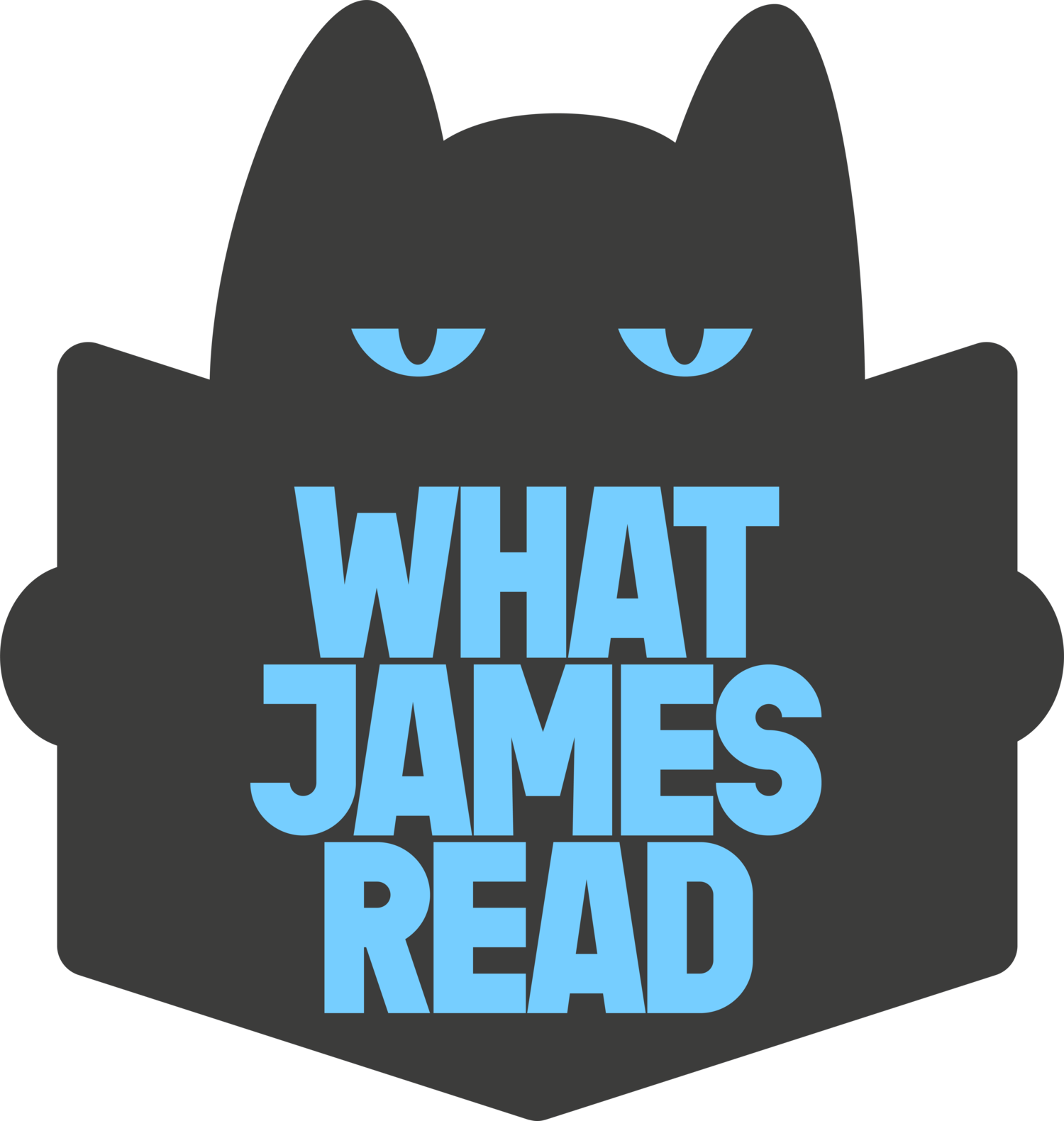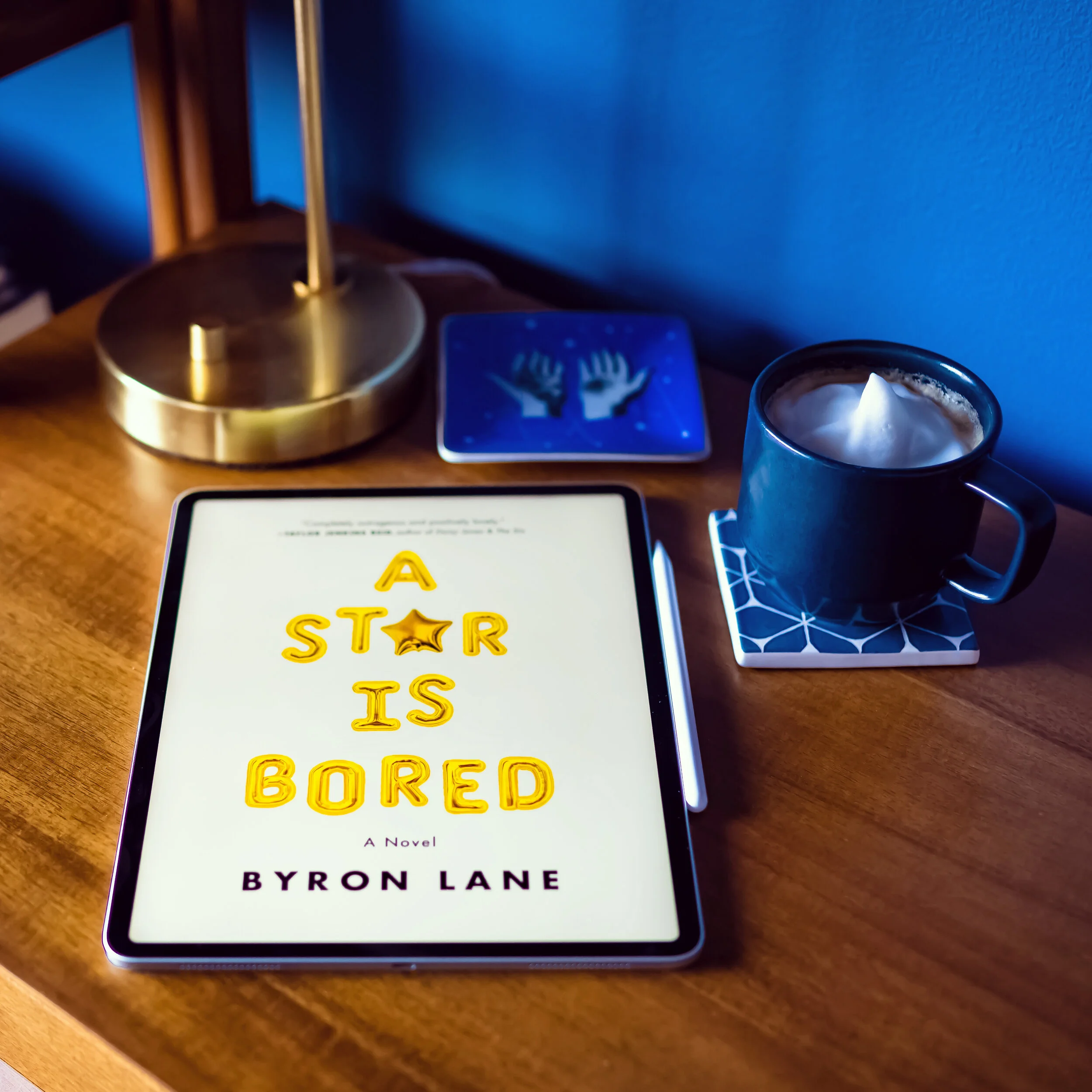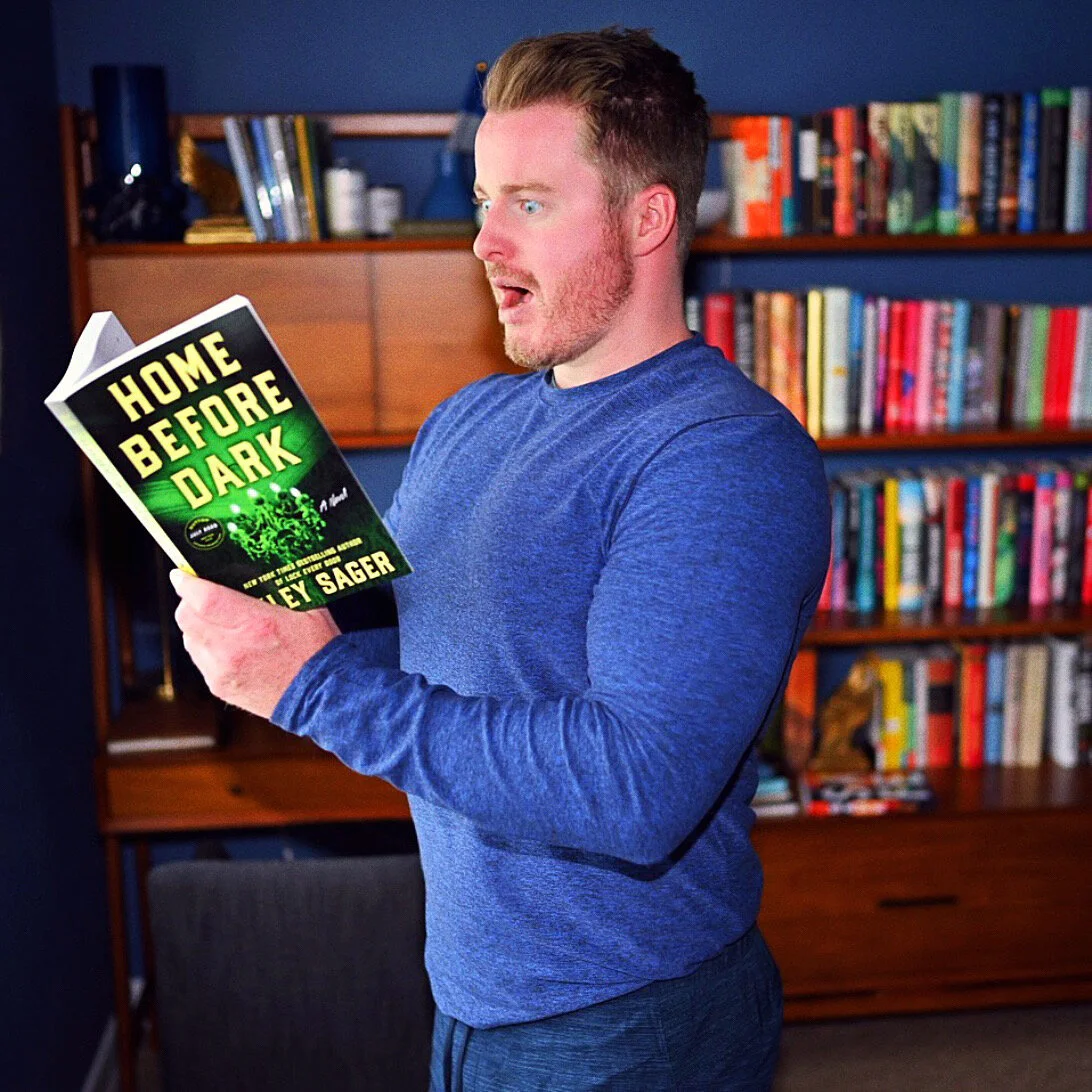A Good Neighbourhood - Therese Anne Fowler
Toward the end of A Good Neighbourhood, Fowler writes:
“It is in the telling of a tragedy that we sow the seeds - we hope - of prevention of future sorrows.”
It is a line that sticks with me as I sit down to write this review the morning after the night before. The night before being the night that I finished reading this impressive novel - listening to Philip Glass’ Metamorphosis, which added to the experience - wiped my eyes of tears and reflected for a while on what I’d just read.
Fowler has created a modern tragic tale. All the elements of a classic Greek Tragedy are present:
We have a single location: Oak Knoll; a specific timeframe in which our story takes place: May through late summer; and defined action.
We begin with a prologue, which also serves as our parados, that introduces us to our chorus - the collective of neighbours who are leading us through this tale. We learn from the very first paragraph that a “small event” will change everything, and lead to a funeral at which the media will “speculate boldly about who’s to blame.”
The episode, the main body of our story, plays out with interjections of stasimon - a commentary from our chorus, prompting us to think about the story we’re seeing unfold before our eyes.
Finally, we have our exodus, in which our chorus discuss the moral of the tragedy with us. We also learn the fates of the characters that we’ve been on this journey with. It gives us, the audience, closure.
I was impressed by the way in which Fowler created such an affecting story so concisely. Her prose is impactful, yet compact; emotive, yet not clouded by emotion. We are very much left to make our own minds up about who is to blame for the tragedy that plays out.
Xavier, the hero of the story, in pure Greek Tragic form, suffers a reversal of fortunes that is irreparable. He is bright and attractive and has the world at his fingertips. A young man of mixed-race, being raised single-handedly by his black mother after the untimely death of his father, he is thriving in a world that unfairly stacks the odds against him.
Brad, the antagonist, represents everything that is wrong with capitalist America, a world run by, and benefitting the white man at every turn. It is when these two characters come up against one another, in a way that is entirely unexpected, that A Good Neighbourhood takes its tragic, dark turn. I realise the end of the novel made quite a few people unhappy, but, hopefully, you’ll now realise that Fowler was simply following the rules.
Despite being told about the tragedy that takes place upfront by our greek chorus, I don’t want to give too many plot details away, but Fowler touches on many interesting socio-political points in her novel. Despite the heavy material, there is a lightness to this work; it moves along at a solid pace. There is friendliness, fun, drama, and joy present. I was reminded at times, due to the idyllic location and narrative voice, of Desperate Housewives: Mary Alice Young leading us through the lives of her former friends on Wisteria Lane. Albeit with less melodrama.
If you like your fiction to carry a moral lesson, follow its plot along with laser precision, and to leave you reaching for the tissues at the end, then A Good Neighbourhood is for you. I, for one, would highly recommend it.
⭐️⭐️⭐️⭐️/5
Follow @whatjamesread on Instagram.
Find me on Goodreads here.
Buy a A Good Neighbourhood from Apple Books or Amazon.





